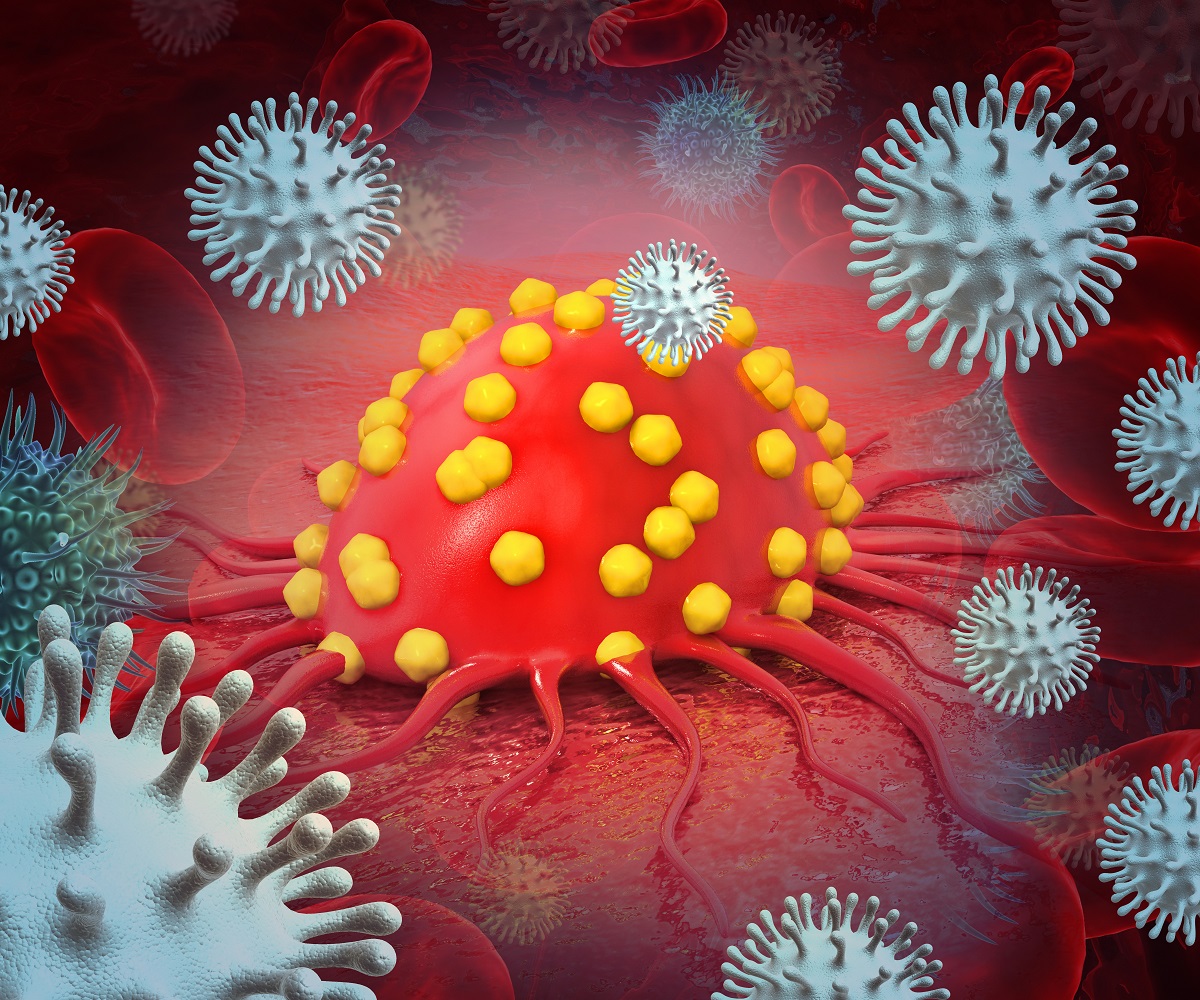KEY TAKEAWAYS
- The study aimed to investigate the role of SOX11 epigenetic activation as a predictive biomarker for recurrence and progression of DCIS to invasive breast cancer.
- Researchers noticed that SOX11 epigenetic activation is a key predictor of DCIS recurrence and invasive progression.
The uncertainty surrounding the risk of recurrence and progression of ductal carcinoma in situ (DCIS) – (a non-invasive form of breast cancer) to invasive cancer underscores the critical need for identifying predictive biomarkers of aggressive DCIS.
Warapen Treekitkarnmongkol and the team aimed to assess the impact of SOX11 epigenetic activation on DCIS recurrence and its progression to invasive cancer, evaluating its potential as a predictive biomarker.
They performed an inclusive analysis of human cell lines and mouse models to investigate disease progression, focusing on identifying and validating candidate risk predictive biomarkers. This analysis included patients and involved the evaluation of SOX11 activation in two independent DCIS cohorts, aiming to determine its association with recurrence and progression to invasive breast cancer.
About 48 RNA profiles of normal mammary and DCIS tissues revealed that elevated SOX11 expression strongly correlates with MKI67, EZH2, and the DCIS recurrence score. The findings were further confirmed through the 21T human cell line model, which tracks DCIS progression to invasive cancer, as well as 2 mouse models developing mammary intraepithelial neoplasia. The activation of AKT was found to correlate with chromatin accessibility and EZH2 enrichment, leading to upregulated SOX11 expression.
Moreover, the application of AKT and HER2 inhibitors resulted in decreased SOX11 expression and reduced mammosphere formation. SOX11 was notably upregulated in HER2+ and basal-like subtypes (P < 0.001). A longitudinal DCIS cohort (n = 194) demonstrated shorter recurrence-free survival (RFS) in SOX11+ patients compared to SOX11- patients (P = 0.0056 in all DCIS; P < 0.0001 in HER2+ subtype), with an associated increased risk of ipsilateral breast events (IBE) (HR = 1.9, 95%CI = 1.2-2.9; P = 0.003).
The study concluded that the epigenetic activation of SOX11 is a significant driver of DCIS recurrence and its progression to invasive cancer, highlighting SOX11 as a valuable predictive biomarker for IBE.
This study was funded by grants to SS by MD Anderson Cancer Center, AMT by Cancer Research UK (C38317/A24043) and KWF Kankerbestrijding, EJS by Breast Cancer Now (TAP379), and Cancer Research UK (C38317/A24043), and MD Anderson core facility by NCI cancer center support grant (P30CA016672).
Source: https://pubmed.ncbi.nlm.nih.gov/38760444/
Treekitkarnmongkol W, Shah V, Kai K, et al. (2024). “Epigenetic activation of SOX11 is associated with recurrence and progression of ductal carcinoma in situ to invasive breast cancer.” Br J Cancer. 2024 Jul;131(1):171-183. doi: 10.1038/s41416-024-02697-5. Epub 2024 May 17. PMID: 38760444; PMCID: PMC11231151.



